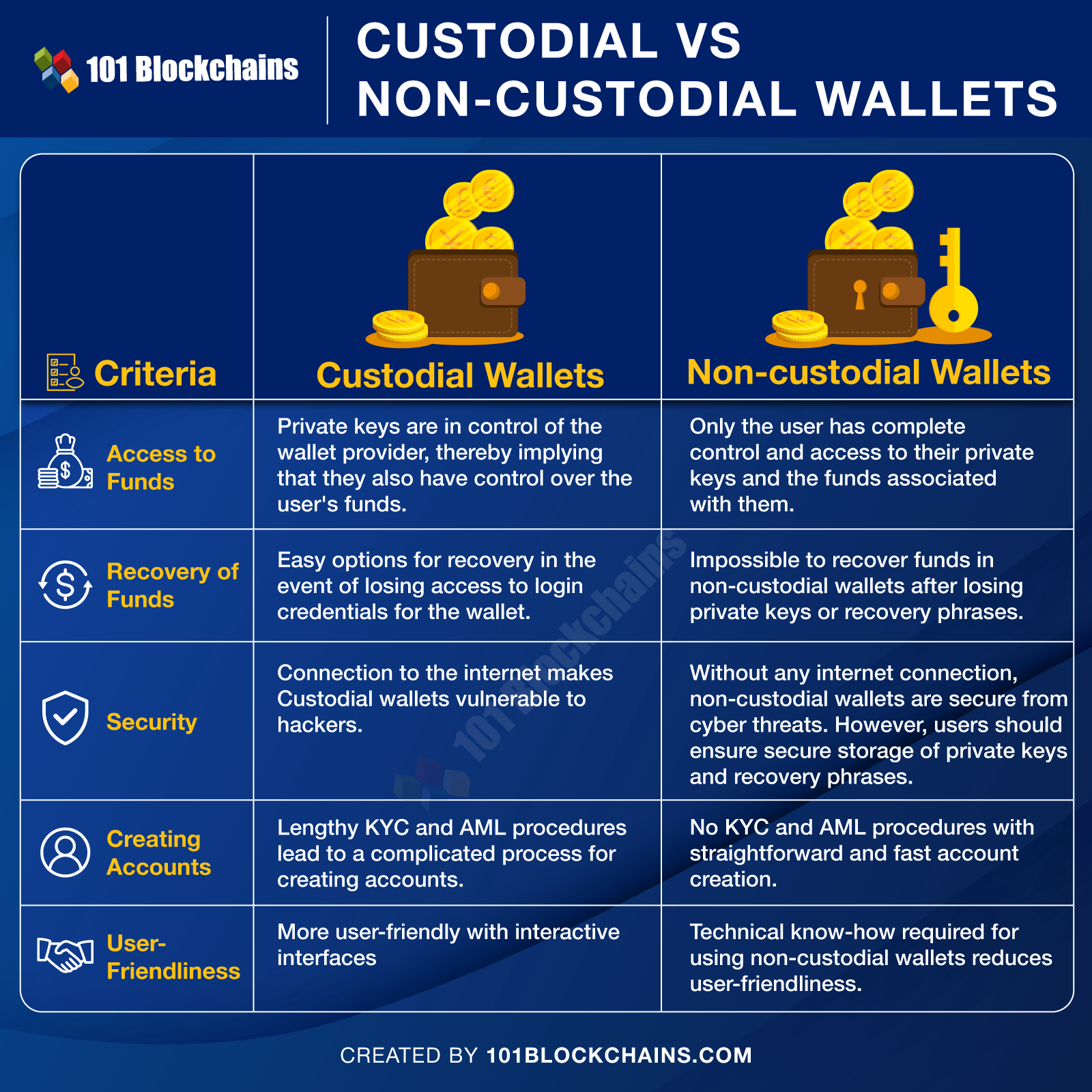Breaking Free From Centralized Control: The Power Of Non-Custodial Wallets
Breaking Free from Centralized Control: The Power of Non-Custodial Wallets

- Navigating The World Of Cryptocurrencies: Understanding Stablecoins And Value Stability
- A New Financial Frontier: How Decentralized Finance Is Revolutionizing The Way We Bank
- The Rise Of Decentralized Platforms In Shaping The Gig Economys Future
- The Battle Against Counterfeit Goods: How Blockchain Technology Can Save The Day
- Streamlining Business Operations With Smart Contracts: A Step-by-Step Guide
Imagine having complete control over your money, without relying on anyone else to manage or store it for you. Sounds like a utopian dream, right? In reality, this is what a non-custodial wallet offers – a way to take charge of your cryptocurrencies and other digital assets, while maintaining absolute autonomy.
To put it simply, a non-custodial wallet is a type of digital wallet that allows you to store, send, and receive cryptocurrencies like Bitcoin, Ethereum, or Litecoin, without entrusting your private keys to a third-party service. In contrast, custodial wallets – like those provided by cryptocurrency exchanges – hold onto your private keys, essentially managing your assets on your behalf.
So, why would you want to use a non-custodial wallet? The answer lies in the concept of decentralization, a fundamental principle of the blockchain that underlies most cryptocurrencies. Decentralization is about distributing power and control among multiple parties, rather than relying on a single central entity.
Here are a few compelling reasons to make the switch to a non-custodial wallet:
Security
Non-custodial wallets put you in charge of securing your assets. By holding onto your private keys, you can decide how to safeguard them – whether it’s through a hardware wallet, a password manager, or a combination of both. This reduces the risk of your assets being compromised due to a security breach at a custodial service. Think of it like storing cash in your home safe versus a bank safe deposit box – with a non-custodial wallet, you have direct control over the security measures that protect your assets.
Autonomy
A non-custodial wallet gives you the freedom to manage your assets as you see fit. Without relying on a third-party service, you’re not at the mercy of their policies, fees, or regulations. Want to send a cryptocurrency to someone without incurring hefty transaction fees? You can do that with a non-custodial wallet. Want to hold onto your assets for the long term, without worrying about an exchange shutting down or freezing your account? Again, a non-custodial wallet is the way to go.
Transparency
Non-custodial wallets often provide transparent access to your transaction history, balances, and other account information. This kind of visibility empowers you to keep tabs on your assets, without needing to trust a central authority. Imagine being able to see exactly where your money is, in real-time – it’s like having your own personal financial dashboard.
Flexibility
Non-custodial wallets often come with a range of features that cater to different user needs. Some may offer advanced security measures, like multi-sig wallets or encrypted storage, while others might provide more user-friendly interfaces or integration with decentralized applications (dApps). This flexibility means you can choose a wallet that aligns with your specific goals and experience level.
In conclusion, using a non-custodial wallet is about embracing the true spirit of blockchain technology – decentralization, autonomy, and security. By taking charge of your digital assets and holding onto your private keys, you can rest assured that your money is in your hands alone. Whether you’re a seasoned cryptocurrency enthusiast or just starting to explore the world of digital assets, a non-custodial wallet is an essential tool in your financial toolkit.
